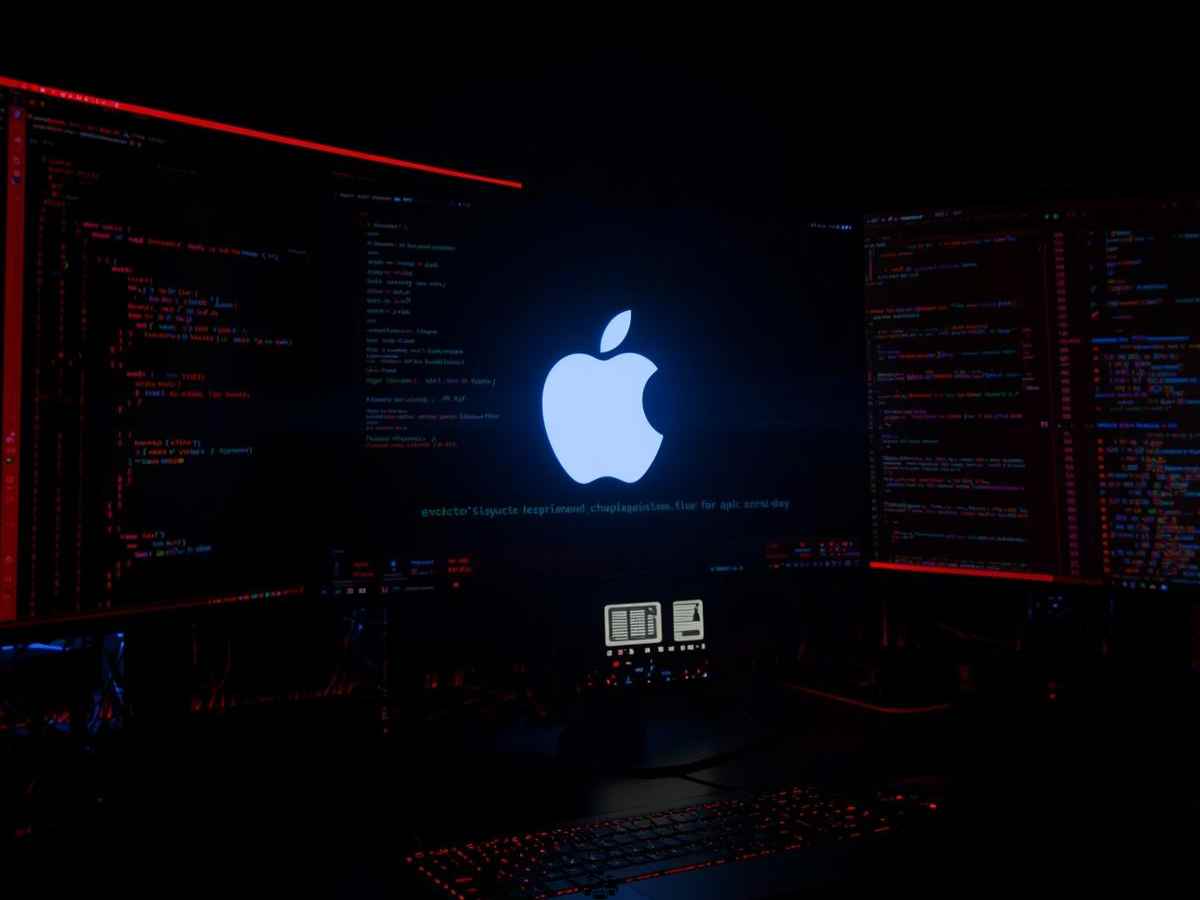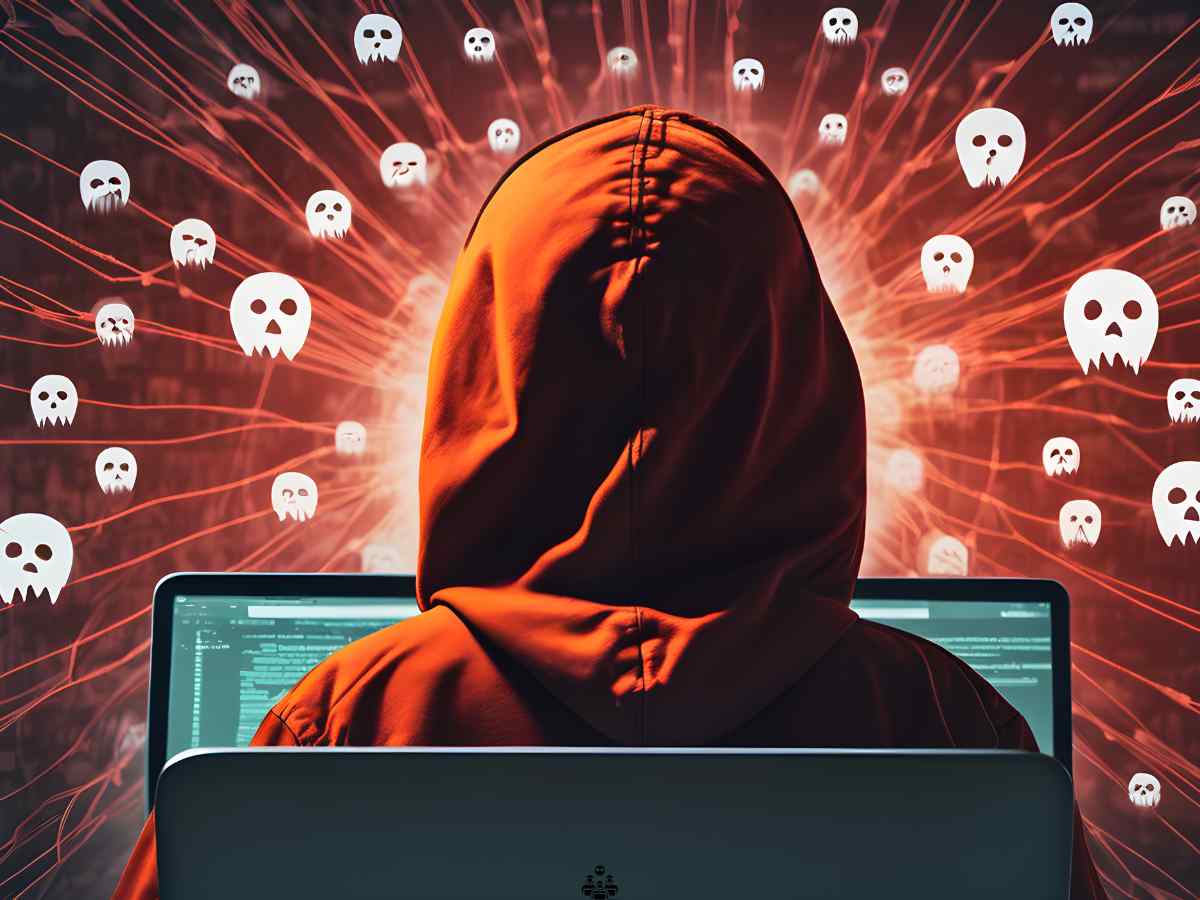How many times have you done this? Said yes to something you had no clue about, just to avoid looking clueless.
Most of us are sailing on the same boat, nodding along in a meeting, pretending to understand a term, smiling vaguely during a conversation, or giving a half-baked answer just to dodge that awkward moment of saying, “I don’t know.”
But let’s pause and ask, why does admitting we don’t know something feel so terrifying? Since childhood, we have been told that “honesty is the best policy.” Yet somewhere between school tests, job interviews, and office meetings, that wisdom often gets buried under a fear of being judged, overlooked, or underestimated.
The truth is: Saying “I don’t know” is not a sign of weakness. It is a sign of strength, self-awareness, and integrity.
Let’s learn and explore how embracing “I don’t know” sentences can lead to stronger relationships, better learning, and even powerful leadership.
The Fear Behind “I Don’t Know”
So the question is, why do people fake it?

The reasons are surprisingly human:
- Fear of Judgment: “What if they think I’m dumb?” Most people do this because they think others might judge them for not knowing something.
- Fear of Missing Out: “I need to keep up, even if I’m lost.” Some people need to fit in with the group, so they will not feel left out.
- Ego or Arrogance: “I must appear capable at all costs.” Some people have a rigid mentality and think that they can’t be wrong, and they know everything. Admitting I don’t know will make them feel inferior.
- Social Conditioning: “A senior must always know better.” The myth we all have listened to since childhood, that the elderly and seniors are always right.
But let’s flip the script: What if not knowing was actually an invitation to learn, connect, and grow?
How Pretending to Know Can Backfire
In our lives, we have all once worked with someone who always says, “Oh, I already know that.”
Imagine you are in a meeting, you share an idea, and they instantly shut it down with a smug, “Yeah, that’s obvious.” I already know this, even if they didn’t know it five minutes ago.
Frustrating, right?
Now think of how that behavior affects a team:
- No one feels comfortable sharing their opinion.
- No one feels comfortable sharing their ideas. New ideas dry up.
- Trust fades with time.
- Collaboration breaks down.

I remember one of my neighbors, a lovely person, but he never admitted he didn’t know something. You’d say the sky is blue, and he’d say, “Yes, yes, I read a whole article on that.” People gradually stopped talking to him, not because they don’t like him, but because they felt dismissed, unheard, and frankly, tired of his behaviour of knowing everything.
Why Saying “I Don’t Know” Is Actually Smart
Let’s get this straight, admitting you don’t know something isn’t dumb, it’s smart.
It shows:

- Humility: You are open to learning. You are welcoming of new ideas and new learning.
- Courage: You’re okay being vulnerable, and being vulnerable helps you to connect better with people.
- Curiosity: It shows that you want to grow. You want to explore new things and new perspectives. This will help your learning attitude stay alive.
- Trustworthiness: It helps to build trust and a meaningful bond. People will trust you more.
Saying “I don’t know, but I’d love to learn” is one of the most powerful things you can do in any personal or professional setting.
It doesn’t mean you are behind. It means you are on your way forward.
In the Workplace: Honesty Builds Culture
Imagine this: You are in a team discussion, and you are sharing a new idea. Someone interrupts, “Oh, I know all about that,” without even listening. Will you share your ideas again?
Now imagine a different response: “That’s interesting, I’m not too familiar with it. Can you tell me more?” I would love to know.
Feels different, right?
That one sentence can make a workplace safe, open, and innovative. It invites ideas, encourages dialogue, and builds mutual respect.
In fact, leaders who admit they don’t know everything tend to build stronger teams, because their humility opens the door for others to step in and shine.
Leadership and the Power of Vulnerability
Great leaders always accept when they are not sure of something. They listen and ask questions. Why? Because they know that real leadership is not about being Mr/Miss Wikipedia, it is about creating a space where learning never stops.
But if a leader always pretends to know, here’s what happens:
- The team stops suggesting new ideas.
- Innovation gets stifled.
- People become quiet.
But when leaders say, “That’s something I need to learn more about,” they encourage their team to keep learning and also show that learning is not just for juniors, it’s a lifelong process, no matter the title.
And here’s a hidden gem: People respect you more when you’re honest.
Turning “I Don’t Know” Into a Growth Superpower

The fact is, saying “I don’t know” is the smartest move. So, how can you confidently say “I don’t know” without feeling small?
Here are a few responses:
- “I am not sure about that yet, but I’d love to find out.”
- “That’s something new to me. Can you walk me through it?”
- “That’s an interesting point. I want to learn more about it.”
These responses show openness without insecurity. It also invites connection and makes people want to support you, not judge you.
Self-Acceptance Is the Foundation
Ultimately, this confidence comes from self-acceptance.
When you accept yourself fully, with your strengths and your gaps, you stop performing for approval. You stop fearing judgment. And you start learning with joy.
Because if you don’t accept yourself, how can you expect others to?
Final Thought
Being smart is not about knowing everything. It’s about knowing what you don’t know, and also being willing to ask, learn, and grow.
So, the next time you are tempted to nod along, to pretend. Pause and take a breath. And say it, proudly: “I don’t know.” And then learn about it.
In a world full of noise and ego, being real stands out. Stay curious. Ask questions. Make space for learning. Because the people who admit they don’t know are the ones who end up knowing the most.
This isn’t the end. It’s the awkward ‘please follow us’ part. LinkedIn and Instagram. You know what to do.






